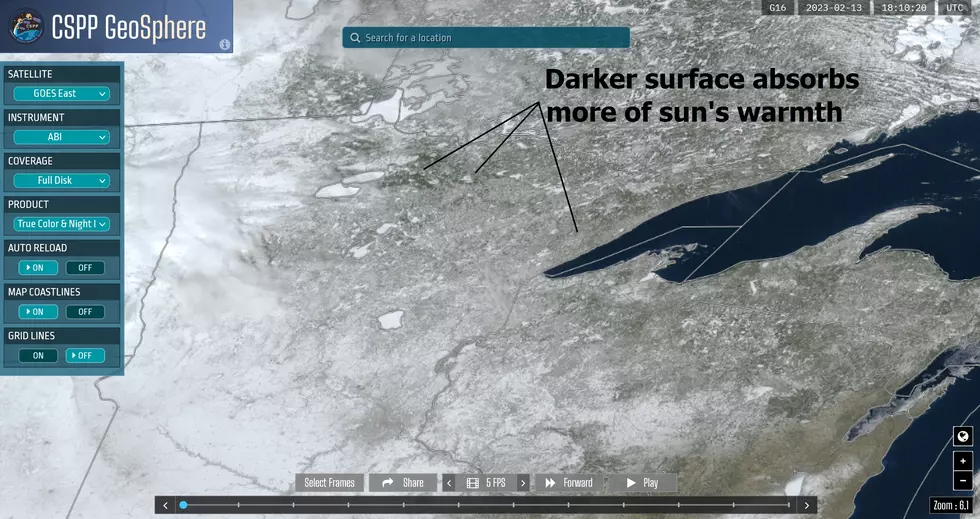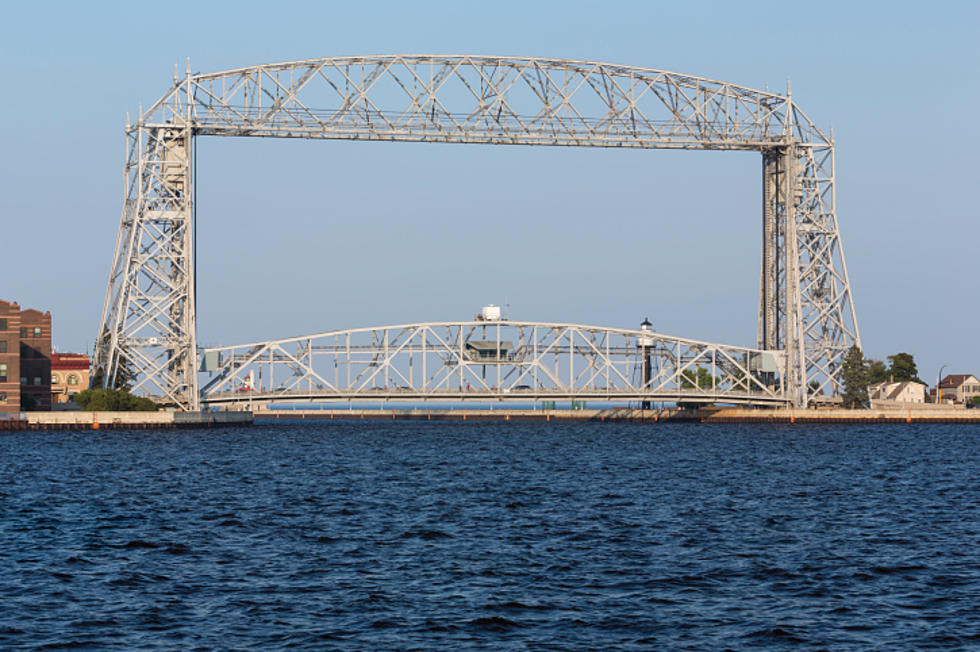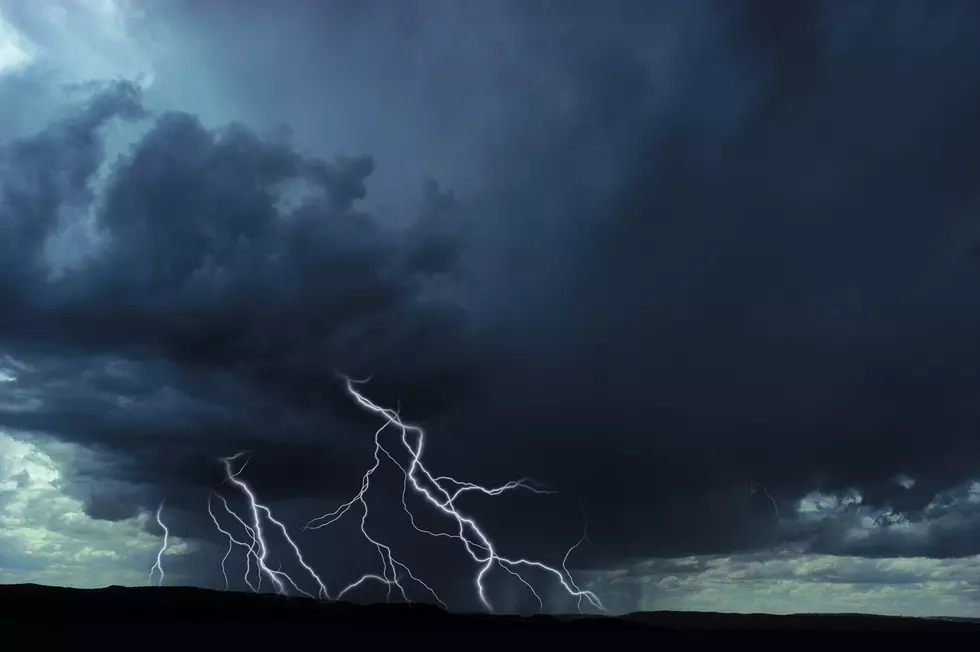
Why Are Northland’s Winter Pine Forests Often 10-15F Warmer Than Rest of Minnesota?
There is meteorology, and then there is micrometeorology - how hyper-local factors can cause the weather to change rapidly over the span of a few city blocks. That usually involves hills or proximity to water or a warm metro area. If you live in or near Duluth you know exactly what I'm talking about. Here is a map that caught my eye over the weekend:
Check out Saturday's record highs at Baudette, International Falls and Hibbing; as much as 10-12F warmer than more southerly (snow-covered) open terrain of St. Cloud, the Twin Cities and Rochester. What gives? Turns out it's all about "albedo".

The Boreal Pine Forests of northern Minnesota and Wisconsin are darker than snow covered fields and wetlands to our south this time of year. On a sunny day a high sun angle hits these darker pine surfaces and warms faster - retaining more of the sun's radiation. It's the same reason why an asphalt driveway will melt snow and ice faster than a concrete or gravel driveway. You can thank (or blame) albedo for that.
The Duluth office of the National Weather Service did a good job explaining this phenomenon on Sunday, which may seem counterintuitive to many. "Paul, shouldn't it be getting colder the farther north you go?" All other things being equal, absolutely. But a huge expanse of pine trees with a dark year-round canopy of foliage that absorbs and retains the sun's heat energy much more efficiently than nearby snow covered fields? That changes the equation.
Looking for a natural way to save a few bucks heating your home every winter? Consider planting pine trees nearby. It could make a significant, sustainable difference every time the sun shines in the winter (which is fairly often in January and February, when temperatures usually bottom out).
Yes, Northland winters are strange - and every one is different - but for some reason this unexpected bit of pine tree trivia makes me happy. Warmer too!
Things Everyone Knows About A Duluth-Superior Winter
More From KOOL 101.7









